What Is the Purpose of a Blog?
The main purpose of a blog is to share information with the world.
Articles published on blogs are called “blog posts.”
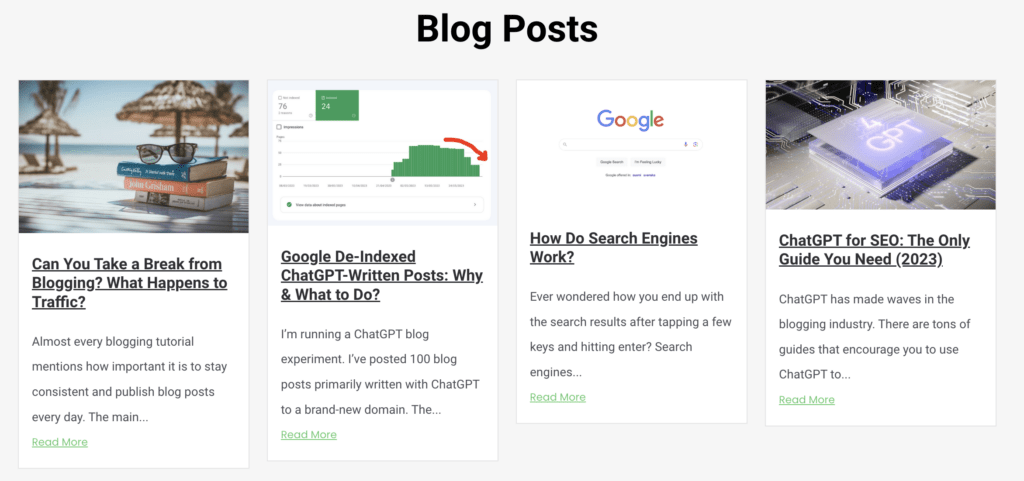
The blog shows these posts in reverse chronological order, with the most recent posts appearing first. This design allows readers to see the freshest content right away.
The term “blog” is a contraction of the words “web” and “log,” forming “weblog,” which was later shortened to “blog.”

In its early days, a blog was more of an online diary or journal where individuals could share their thoughts, feelings, and experiences on the web.

It once was pretty unique to have a blog because it required technical skills and patience to set one up.

Anyways, the concept of logging information has always been integral to blogging, but as the digital landscape evolved, so too did the nature of blogs.
First of all, these days it’s super easy to start a blog without needing to have any technical skills.
These days, blogs cover a vast array of topics, from personal experiences and hobbies to corporate news and professional advice.
They have transformed from simple online diaries into powerful platforms for sharing information, influencing opinions, and creating communities.
In the next sections, we will explore the different types of blogs, the history of blogging, and the impact of blogs on our digital society.
History of Blogging
Blogging has come a long way during the past almost 30 years since the first blog appeared.
To truly appreciate the power and influence of blogs today, let’s take a brief journey back in time to trace the origins and evolution of blogging.
The first recognized blog was “Links.net,” created in 1994 by Justin Hall, a student at Swarthmore College.
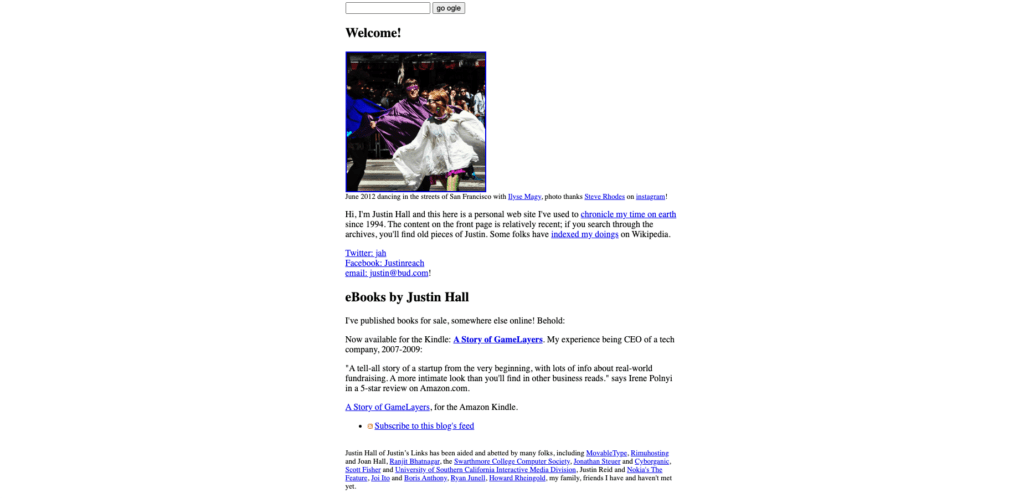
It was initially called a personal homepage and was essentially an online diary where Hall shared his thoughts and experiences.
In 1997, the term “weblog” was coined by Jorn Barger, editor of Robot Wisdom.
The term was a reference to the process of “logging the web” as Barger used his blog to capture and share interesting information he discovered online.
The term was shortened to “blog” in 1999 by programmer Peter Merholz. It was around this time that blogging started to gain popularity.
The launch of platforms like Blogger in 1999 and WordPress in 2003 made it easier for anyone to start a blog, even without technical skills.
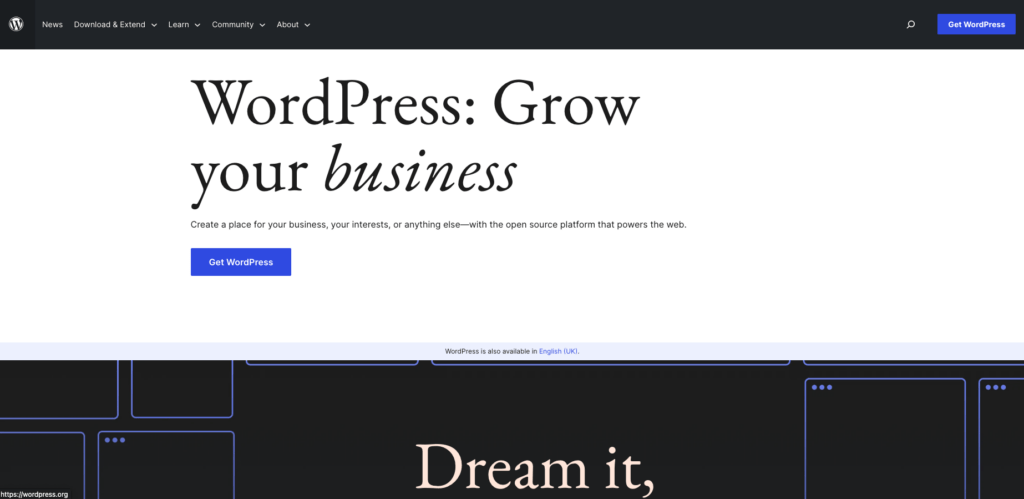
These platforms played a significant role in democratizing the digital space. It allowed individuals and businesses to share their stories and ideas with the world more easily.
Over time, blogging evolved from simple online diaries into more refined and specialized platforms.
Blogs began to cover a wide range of topics, from food, travel, and fashion to technology, finance, and business.
This shift was largely driven by the growing audience of internet users seeking information and connection online.
The rise of social media in the mid-2000s also impacted blogging.
Microblogging, through platforms like Twitter and Tumblr, emerged as a popular trend, allowing for quick, bite-sized updates.

Today, blogging is a critical component of the online content landscape.
From personal bloggers sharing their life stories to corporations using blogs for marketing, the influence of blogs is widespread and undeniable.
As we move forward, it’s exciting to imagine how blogging will continue to evolve, adapting to technological advancements and changing user behaviors.
It’s also interesting to see how the developments of Artificial Intelligence affect blogging. Soon people can find information from AI chatbots quicker than through blog posts.
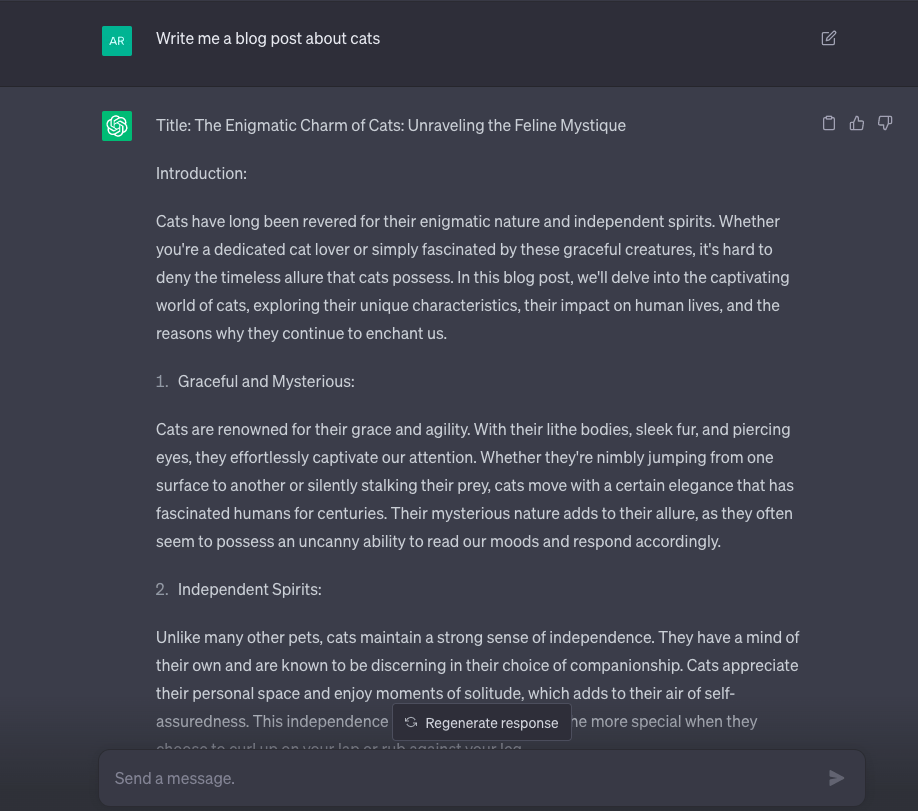
Types of Blogs
In the world of blogging, there’s a vast array of different types of content, each serving different purposes and audiences.
Let’s delve into some of the most common types of blogs you’ll find on the internet today:
#1 Review Blogs
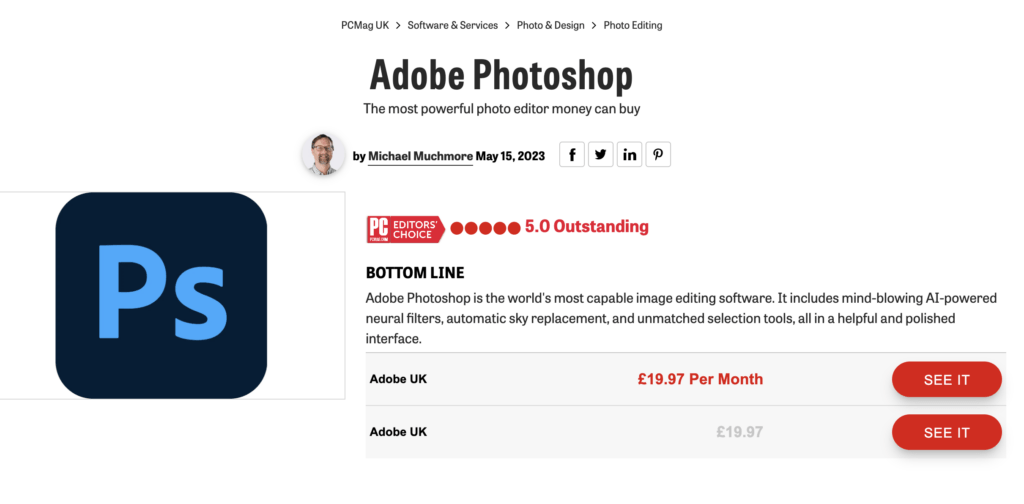
These blogs focus on providing reviews of products, services, or experiences.
Review blogs can cover a wide range of topics, from tech gadgets and books to restaurants and travel destinations.
A popular example of a review blog is Wirecutter, which provides in-depth reviews and recommendations for a variety of products.
Review blogging is one of the most lucrative ways to make money online. This is because reviews can contain links to the reviewed products which allows the reviewer to earn a portion of each sale.
#2 Personal Blogs
Personal blogs are often used as online diaries or platforms for individuals to share their thoughts, experiences, and passions.
This is the original type of blog.
These days, personal blogs exist but those commonly fall under the radar.
This is because, unless the blogger is a public figure, no one will find their blog in the vast ocean of websites.
#3 Business Blogs
Business blogs are used by companies to share industry news, provide product updates, offer insights, and engage with customers.
They’re a powerful tool for building a brand and attracting potential customers.
Basically, this works so that a business website builds a blog section to its website. Then they write a ton of blog posts that target potential customers from Google and other search engines.
For example, Wix—one of the most popular blogging platforms has a blog where they teach blogging.

When people read these posts, they’re already on Wix’s website and there’s a chance they choose Wix as their blogging platform.
#4 Niche Blogs
These blogs focus on a specific topic or area of interest.
From gardening and home décor to fitness and vegan cooking, niche blogs can cover almost any subject.
Niche blogs are close to those personal blogs. Most of the time, the author of a niche blog is experienced in the niche topic they’re writing about.
#5 Professional Blogs
These blogs are similar to business blogs but are usually run by individuals who are experts in their field.
They share professional insights, advice, and thought leadership.
A good example is Seth Godin’s blog, where he shares insights on marketing and leadership.
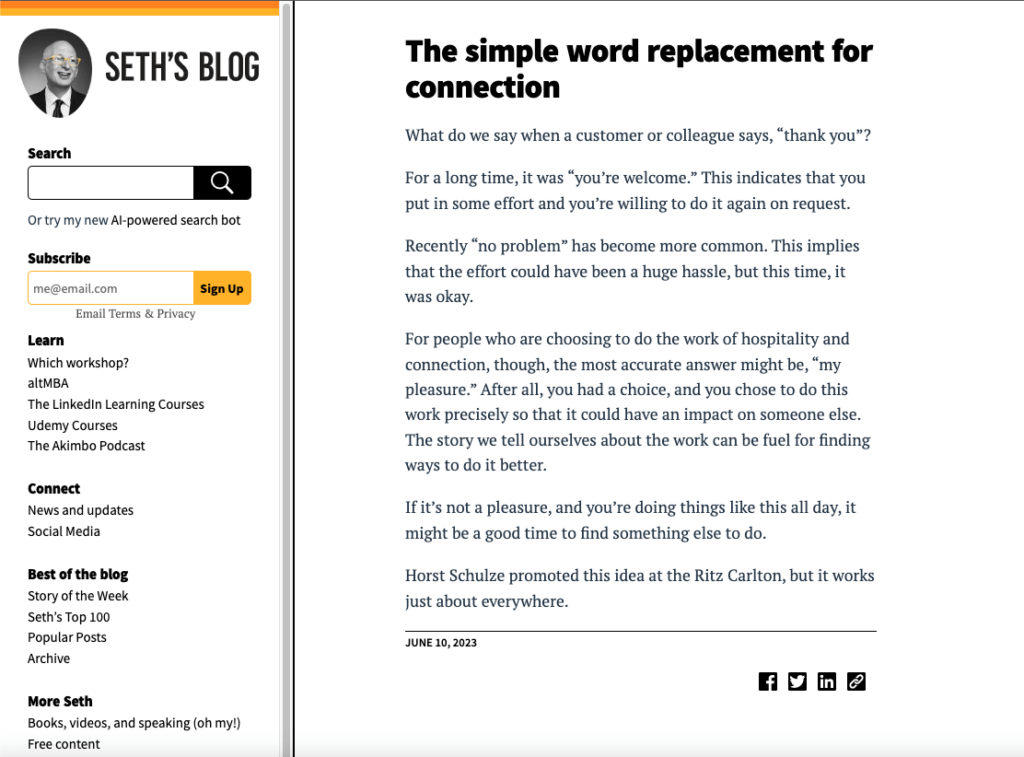
#6 News Blogs
News blogs focus on sharing news on a particular topic or industry. They’re often updated more frequently than other blog types.
TechCrunch, which focuses on tech industry news, is an example of a news blog.

#7 Educational Blogs
These blogs aim to educate their readers about specific topics.
Khan Academy’s blog, which provides educational content and teaching resources, is an example.

#8 Lifestyle Blogs
Lifestyle bloggers share a broad range of content based on their personal interests and daily activities.
They often cover topics like fashion, travel, food, and home design.
A popular lifestyle blog is Cup of Jo.

#9 Mom/Dad Blogs
These are personal blogs written by moms or dads, where they share experiences and advice about parenting.
A successful example of a mom blog is Scary Mommy.
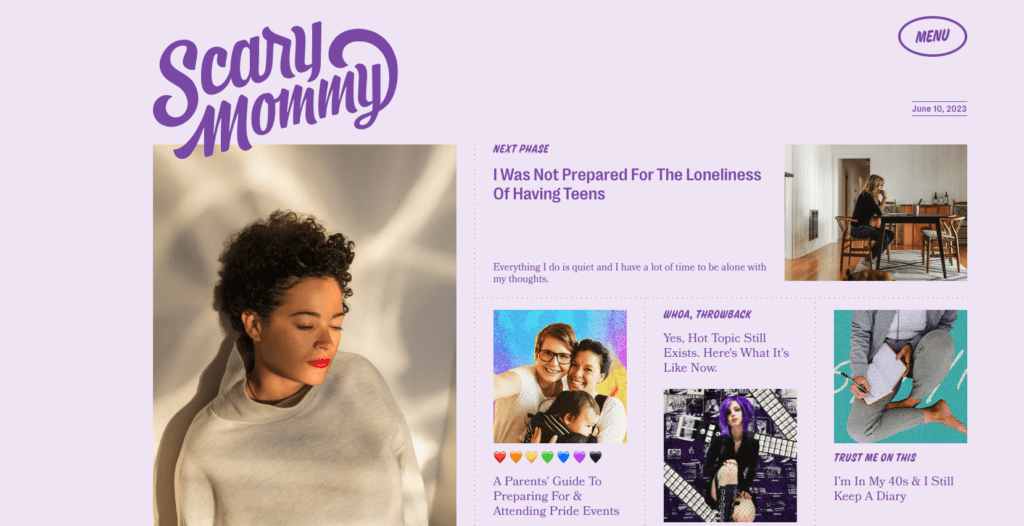
Remember, these categories can overlap, and many blogs fit into multiple categories.
For example, a blog can be a mix of personal, lifestyle, review, and educational blogs. There’s definitely no reason to stick with one type.
Blogs vs Websites
While the terms ‘blog’ and ‘website’ are often used interchangeably, there are key differences between them.
A website is a collection of interconnected web pages under a single domain name. It’s a broader term that encompasses all types of sites on the internet, including blogs.
By the way, make sure to read my blog post about How to Name a Blog.
Websites are typically static in nature. In other words, their content doesn’t change frequently.
They often serve a specific purpose like providing information about a business, offering a platform for e-commerce, or hosting a forum.
On the other hand, a blog is a type of website that is updated regularly with new content, often referred to as blog posts. Blogs are dynamic. Their content is regularly updated and displayed in reverse chronological order.
Blogs can encourage interaction through comments and sharing, and they often have a more personal tone compared to traditional websites.
However, the line between blogs and traditional websites has increasingly blurred over time.
Many businesses now incorporate blogs into their websites to share updates, news, or useful information, leveraging the dynamic nature of blogs to keep their websites fresh and engaging.
Similarly, some blogs have grown to incorporate features of traditional websites, such as static pages or e-commerce capabilities.
To take home, all blogs are websites but not all websites are blogs.
Why People Start Blogs
Blogging has gained massive popularity over the years, and people blog for a myriad of reasons.
Here are some of the most common reasons why people blog.
#1 Sharing Personal Stories
Many people start blogs as a platform to share their personal experiences, thoughts, and passions.
This can range from a travel blog documenting one’s adventures, a food blog sharing recipes, or a personal blog chronicling one’s journey through life.

#2 Providing Information
Blogs are a powerful tool for sharing information and knowledge.
Educational blogs, how-to blogs, and news blogs all exist to provide valuable information to their readers.
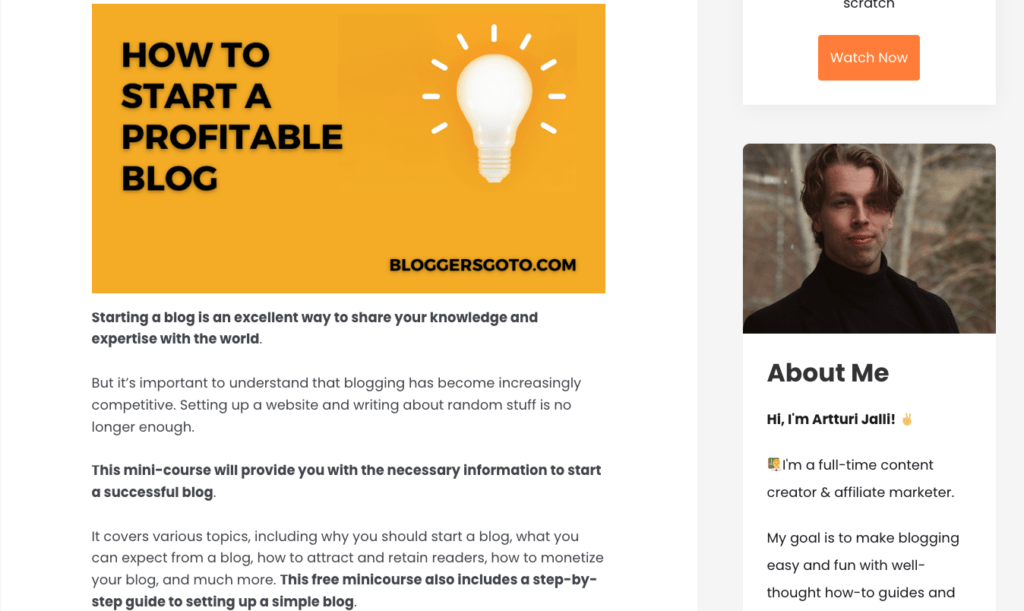
#3 Promoting a Business
Businesses use blogs to engage with their customers and share product updates, industry news, and useful advice.
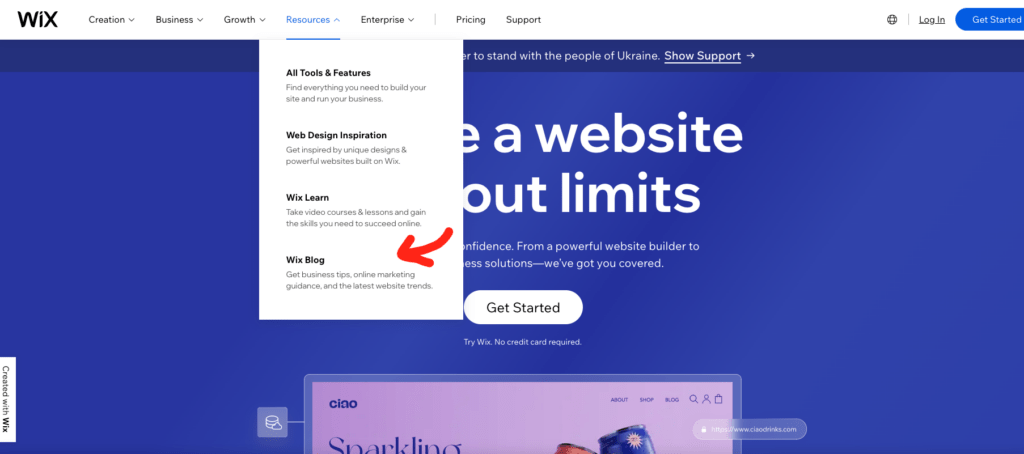
Blogging helps businesses establish authority in their field, improve their SEO, and build a deeper relationship with their customers.
#4 Building a Community
Blogs can be a platform for building a community of like-minded individuals.
Bloggers often interact with their readers through comments and social media, creating a sense of community around the blog’s topic.
#5 Generating Income
As blogging has evolved, so have the opportunities for monetization.
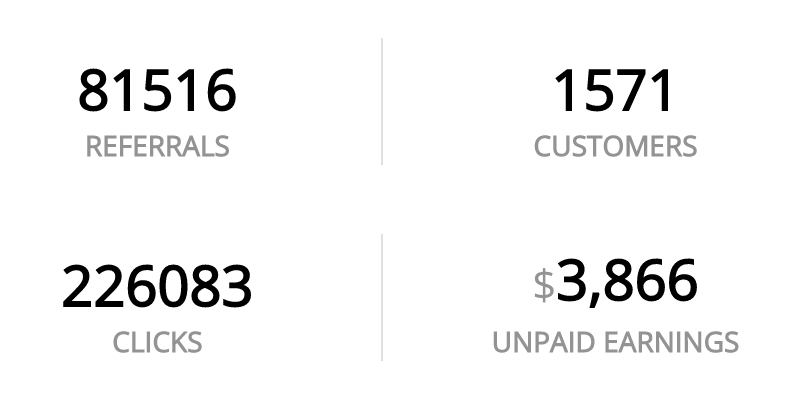
Some bloggers generate income through advertising, sponsored content, affiliate marketing, selling products, or offering services.
#6 Personal Growth and Development
Blogging can be a tool for personal growth and development.
It can help the blogger improve their writing skills, learn new things, build confidence, and gain a sense of satisfaction and achievement.
A blog for many is like an online portfolio where they can showcase their skills and expertise.
#7 Networking
Blogging can open up opportunities for networking.
Bloggers often connect with other bloggers, industry leaders, and potential clients or customers. This creates a wide range of opportunities for collaboration and growth.
Each blogger’s motivation is unique and can be a combination of several of these factors.
Regardless of the reason, blogging provides a platform for individuals and businesses to express themselves, share their knowledge, and connect with a wider audience.
How to Start a Blog
Starting a blog these days is no harder than starting a Facebook page or Instagram profile. You don’t need to be a web developer or coder.
You can use existing web hosting solutions that can take only 15-30 minutes to get your blog up and running. They take care of the heavy lifting for you for an affordable price.
But growing a blog is where the hard part starts.
Getting those visitors to your blog can seem daunting, but with a clear plan and the right resources, anyone can do it.
Here’s a brief overview of the steps you’d typically take to start a blog:
#1 Choose Your Blog’s Focus
Decide on the main topic or niche for your blog.
This could be something you’re passionate about or a topic you have a lot of knowledge or experience in.
To make a side income from a blog, it’s important to select a niche that’s monetizable.
#2 Pick a Domain Name
Your domain name is your blog’s address on the internet, like www.example.com.
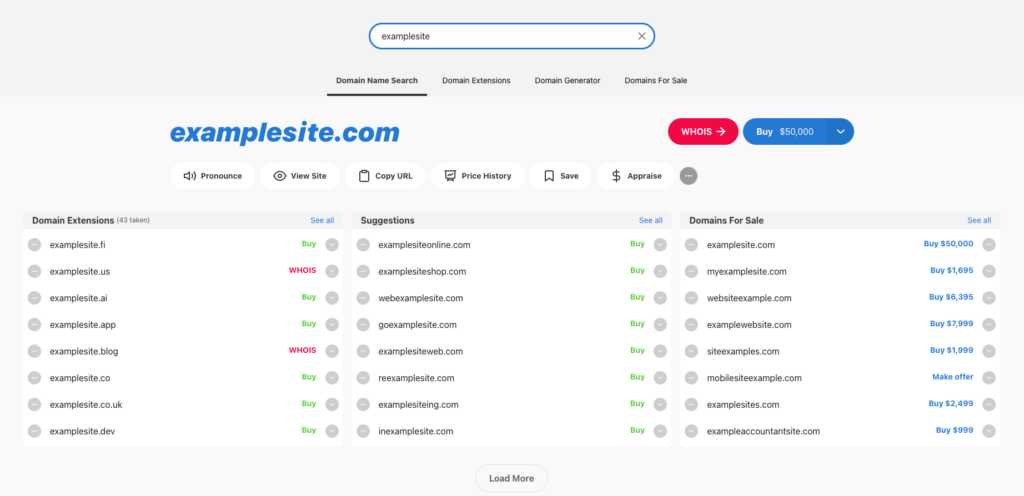
It should be memorable and relevant to your blog’s focus, preferably as short as possible.
#3 Choose a Web Hosting Provider
A web host is where your blog “lives” on the internet. There are many hosting providers available with different price points and features.
Choose a web host with which you can build a WordPress site. A great example is DreamHost where you can set up a WordPress blog in 15-30 minutes.
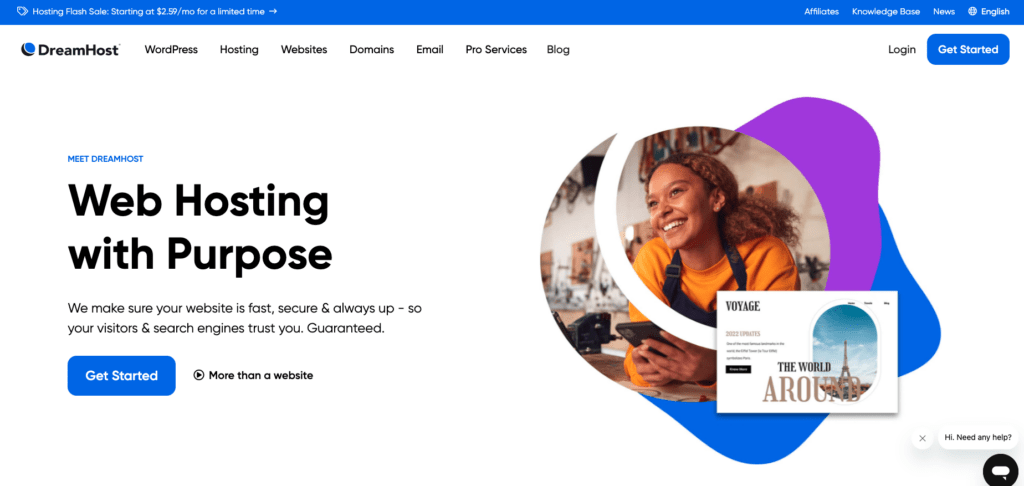
To better understand how domains, web hosting, and WordPress work, just scroll a bit further down. 🙂
#4 Design Your Blog
Choose a theme or template that aligns with your blog’s focus and style.
Many blogging platforms offer a range of free and premium themes.
For example, on WordPress, you can just go with the default theme out of the box. It’s more than enough to get started with.

Read also: How to Design a Blog
#5 Write and Publish Your First Post
This is where the hard work starts.
To get a big audience for your blog, you need to write a ton of high-quality blog posts for months or even years.
It can easily take 1-2 years before you get a significant audience for a blog.
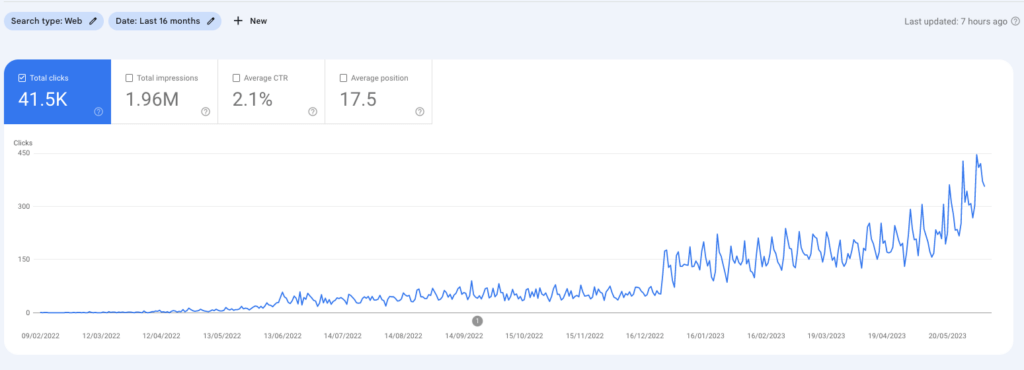
The key to blogging success is to write comprehensive content that people actually want to read and that solves problems.
Reading also a comprehensive guide on How to Start a Blog.
The Impact of Blogs
Blogs have an immense impact on public opinion, industry trends, and establishing an online presence for individuals and businesses.
They provide a platform for sharing diverse views and innovative ideas while also influencing consumer behavior and decision-making.
Blogs are a vital part of the content marketing strategy of many organizations.
In fact, 71% of marketers reported that content marketing, of which blogging is a key component, has become more important to their organization in the past year.
Furthermore, 76% of content marketers use blogs to generate leads, and 80% of bloggers report that blogging drives results for them.
Blogs also serve as a viable income source for many.
While a large part of bloggers do not earn any money, a significant number are able to monetize their blogs through various methods.
These include ads, affiliate marketing, sponsored product reviews, and selling their own products or services.
How Do Blogs Make Money
While blogs serve many purposes, from sharing personal stories to influencing industry trends, they can also be a source of income.
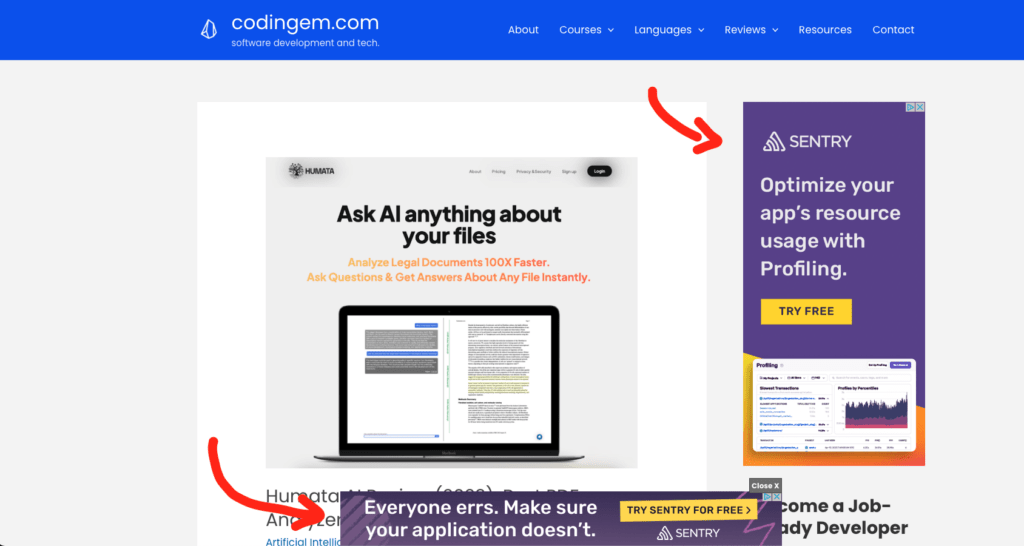
Let’s delve into how blogs make money.
- Advertising: One of the most common ways blogs make money is through advertising. Bloggers can place ads on their sites that earn revenue. Google AdSense is a popular platform for automating showing ads on a blog.
- Affiliate Marketing: This involves promoting a product or service and earning a commission when a sale is made through your referral link. For instance, a blogger might write a review about a product, include their affiliate link, and earn a percentage of any sales made through that link.
- Information Products: Many bloggers create and sell their own information products, such as eBooks, webinars, courses, and guides. These products are often related to the blogger’s area of expertise and provide valuable information or skills to their audience.
- Physical and Digital Products: In addition to information products, bloggers may sell physical or digital products. This could be anything from handmade goods, artwork, or photography, to software, apps, or music. The key is that these products typically align with the blog’s theme or the blogger’s talents.
- Consulting Services: If a blogger has expertise in a particular field, they may offer consulting services to their readers. This could include coaching, advice, strategy development, or other professional services.
- Sponsored Content: Companies often pay bloggers to write posts that feature their products or services. Sponsored posts work well for blogs with a huge audience.
- Donations and Crowdfunding: Some bloggers also receive income through donations from readers who appreciate their content. Platforms like Patreon allow bloggers to receive regular contributions from their readers, often in exchange for exclusive content or other perks.
While these are some of the common ways personal blogs can generate income, it’s important to note that successful monetization often requires a consistent publishing schedule, quality content, and a loyal readership.
And, as with any business venture, it takes time to build up a blog to the point where it’s generating a substantial income.
Read the complete post: How Much Blogs Make
How a Blog Is Built (Hosting, Domains, WordPress)
Earlier I mentioned how blogs are commonly built with WordPress through a web host. If you’re not familiar with these concepts, they can sound a bit complex.
So let’s take a closer look at how that works.
So, let’s think about this like we’re making a house.

The “domain” is like the address of your house.
Just like every house on a street has its own unique address, every website on the internet has its own unique domain.
When you type in “www.google.com” in your web browser, you’re typing in Google’s domain. It’s how your computer knows where to go on the internet to find Google.
The “web host” is like the land where you build your house.
It’s a special computer (called a server) where all the information for your website lives. This computer is always on, always connected to the internet, and always ready to send your website’s information to anyone who types in your domain.
Now, think about “WordPress” as the blueprint and the toolbox for building your house.
WordPress is a tool that makes it easy for you to build your website without having to know a lot of complex computer code.
So, to build a blog:
- You’d need to decide on an address (domain).
- You would then need to buy or rent some land (web host).
- And lastly, you would use your blueprints and toolbox (WordPress) to actually build your house.

Wrapping Up
And there you have it!
We’ve journeyed through the world of blogging, from its origins to its present-day impact.
We’ve defined what a blog is, explored different types of blogs, and delved into the reasons people blog and how blogs make money.
Remember, whether you’re a personal blogger sharing your life stories, a business blogger promoting your products, or somewhere in between, your blog has the potential to reach and impact countless readers around the world. 🌍
Starting a blog can be a rewarding journey, full of learning and growth.
So why not take the plunge and start your blogging adventure today? Remember, every great blog started with a single post. 🚀
Thanks for joining us on this exploration of the blogging world. Keep writing, keep sharing, and most importantly, keep being you! 🌟
Happy blogging! 📝💻🎈
